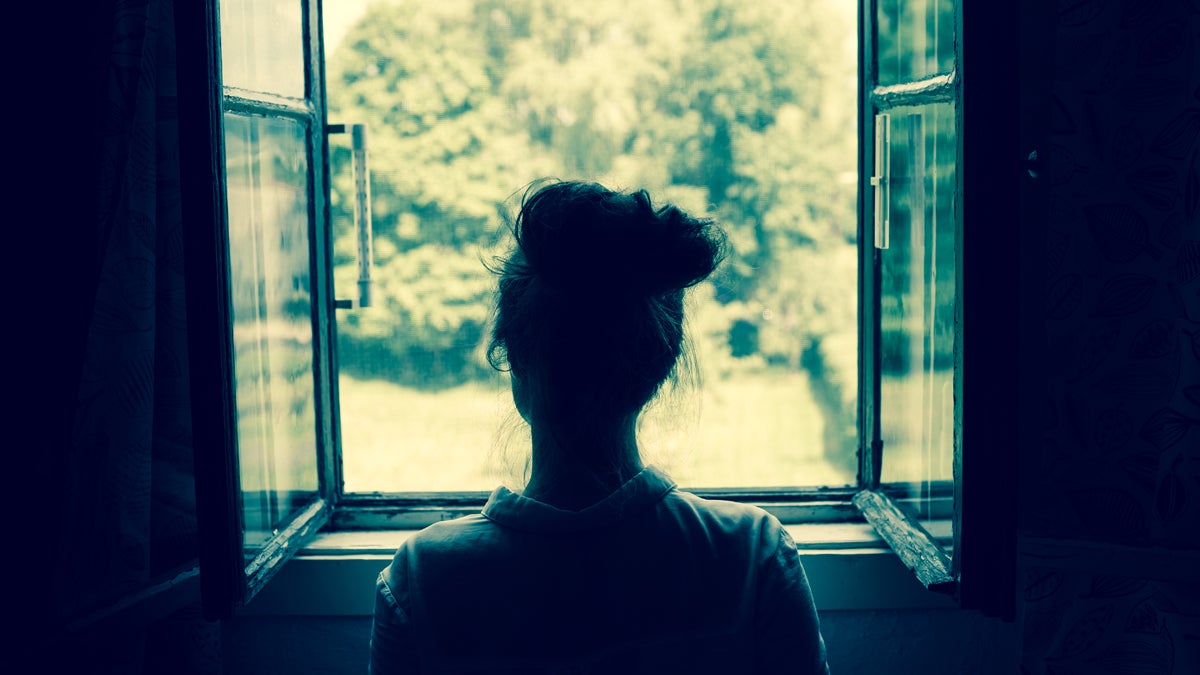The surprising productivity of mindlessness

(Daydreaming image courtesy of Shutterstock.com)
A recent article in the New York Times Magazine helped me feel vindicated in sticking with my zone-out time. Writer Melissa Dahl says that the current emphasis on mindfulness in everything from business to sports is only part of the story; another big part is mindlessness.
Earlier this week, photographer J.J. Tiziou described taking the time for inner processing in beautiful and realistic detail. He described his old darkroom — from the pre-digital days of photography — as a space that let him physically process his images and emotionally process just being human.
It’s that last piece that captures my interest. In my own work as writer, teacher and clergyperson, I can get easily overbooked with intense interpersonal situations.
I love those situations — or most of them anyway. And I balance them with yoga and doing things with my son. And “Law and Order” reruns. (None of those overlap, btw.)
But still, when I sit down to do more introspective work, I realize I can’t just click the switch to “on.” I can’t stick creativity into a pre-planned time slot and force that time to be productive. My imagination, ideas and intuition start to run dry when I haven’t had plain-old zone-out time — which isn’t something on my usual to-do list.
A recent article in the New York Times Magazine helped me feel vindicated in sticking with my zone-out time. In “In Praise of Spacing Out,” writer Melissa Dahl says that the current emphasis on mindfulness in everything from business to sports to your daily commute is only part of the story; another big part is mindlessness.
“Mindlessness brings many benefits that are being overlooked, like creative thinking and personal problem-solving,” Dahl writes. “Both mindfulness and zoning out, and all the points in between, are useful, argue cognitive scientists Todd Kashdan and Robert Biswas-Diener in their new book, The Upside of Your Dark Side: Why Being Your Whole Self—Not Just Your “Good Self”—Drives Success and Fulfillment.”
And mindlessness can happen in all kinds of places: housework, driving, even scrolling your Twitter feed, Dahl says.
My next click was on Amazon to buy the book.
This kind of mindless time, when it’s in the mix with the other ways of interacting at work, allows me to feel nourished and grounded. It’s a strange, counterintuitive idea that has a very tangible result.
Are you able to zone out at work, or do you save that for another time? Did you end up with an unexpected answer or idea when you “woke up”?
WHYY is your source for fact-based, in-depth journalism and information. As a nonprofit organization, we rely on financial support from readers like you. Please give today.




